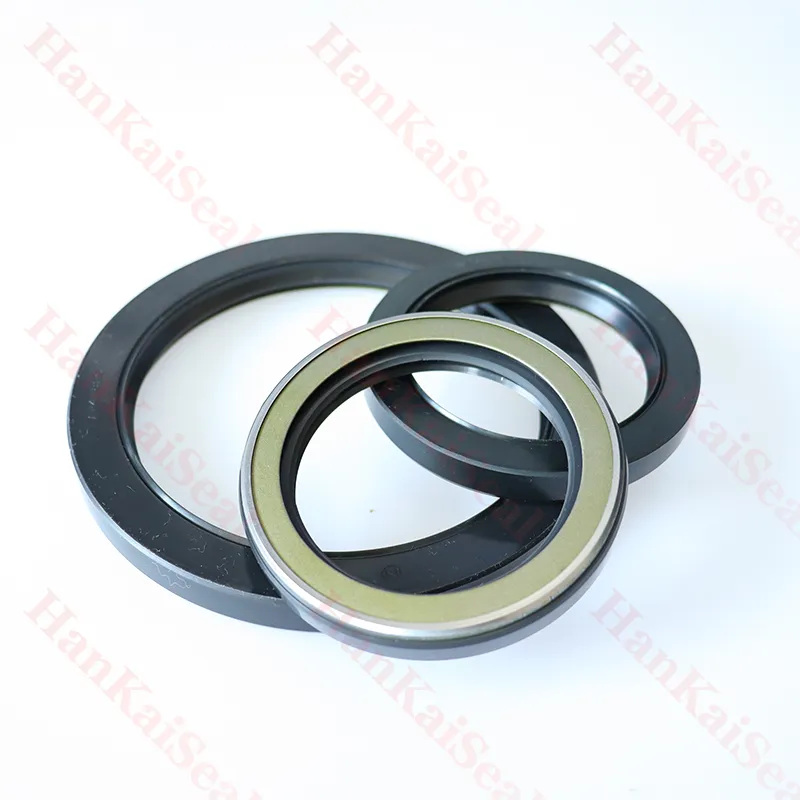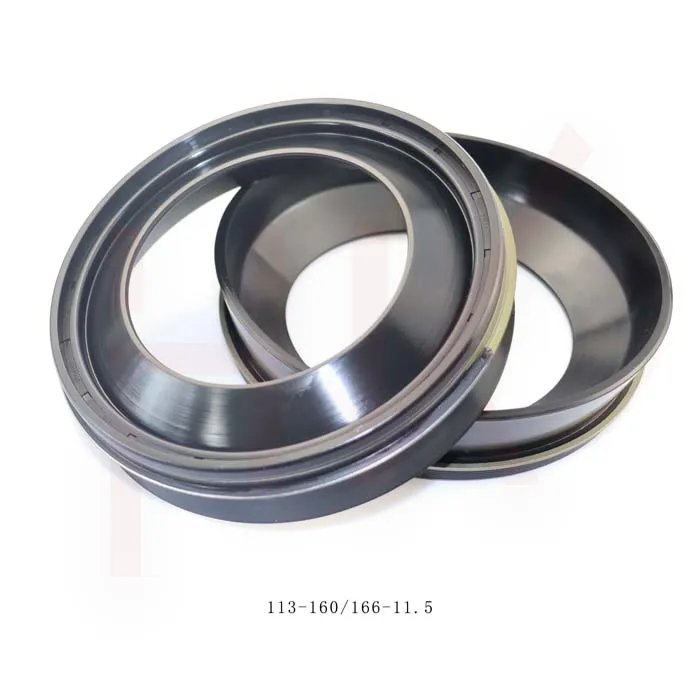Sep . 06, 2024 17:35 Back to list
35x47x7 Oil Seal - High Quality, Durable and Reliable Sealing Solutions
Understanding the 35x47x7 Oil Seal Specifications and Applications
Oil seals, commonly referred to as rotary seals or lip seals, are essential components in mechanical systems, designed to prevent the leakage of lubricant while keeping contaminants out. One popular type of oil seal is the 35x47x7 oil seal, which is characterized by its specific dimensions and functional capabilities.
The designation 35x47x7 indicates the seal's inner diameter, outer diameter, and the thickness of the sealing lip in millimeters. This particular oil seal has an inner diameter of 35 mm, an outer diameter of 47 mm, and a thickness of 7 mm. These measurements provide a snug fit, ensuring that oil and other lubricants remain contained within mechanical systems. The precise engineering of these dimensions is critical for the effective functioning of machinery where they are employed.
Commonly, the 35x47x7 oil seal is made from durable materials such as nitrile rubber, silicone, or polyurethane, all known for their excellent resistance to wear, chemicals, and temperature fluctuations. Nitrile rubber, in particular, is favored for its robustness against petroleum-based oils, making it an ideal choice for applications involving engines, gearboxes, and hydraulic systems.
35x47x7 oil seal

The primary function of the 35x47x7 oil seal is to maintain the integrity of lubricated systems by sealing in oils and preventing leakage
. This is particularly important in rotating equipment, where the seals must withstand both pressure and friction. If an oil seal fails, it can lead to significant oil loss, resulting in inadequate lubrication, overheating, and potential mechanical failure. Thus, regular inspection and timely replacement of oil seals are crucial for maintaining machinery efficiency and longevity.In terms of applications, the 35x47x7 oil seal is widely used in various industries, including automotive, industrial machinery, agriculture, and construction equipment. In the automotive realm, it’s commonly found in engines, transmission systems, and differentials, ensuring that lubricants remain where they are needed most. In industrial settings, these seals are critical for hydraulic cylinders, pumps, and motors.
Installation of the 35x47x7 oil seal requires precision; the sealing surface must be clean and free from any debris to ensure a proper seal. Misalignment during installation can lead to premature failure, so care must be taken to follow manufacturer guidelines for fitting.
In conclusion, the 35x47x7 oil seal is a vital component in numerous mechanical systems. Its dimensions, material properties, and applications highlight its significance in preventing oil leakage and protecting machinery from contaminants. By understanding the role of oil seals in engineering, professionals and enthusiasts alike can appreciate their importance in maintaining operational efficiency and reliability in various applications.
-
Reliable Oil Seal Wheel Hub Solutions for Industrial & Automotive Use
NewsNov.17,2025
-
Durable Front Hub Oil Solutions for Industry – HKAiSeal
NewsNov.17,2025
-
Wholesale Hydraulic Pump Motor Seal Kit A4VSO250 | In Stock
NewsNov.17,2025
-
Pump Seal Kits: Essential Components for Industrial Reliability
NewsNov.17,2025
-
TCV Oil Seal - Double-Lip, Spring-Loaded, High Temp & Wear
NewsNov.17,2025
-
Hydraulic Seal Kits: Reliable Solutions for Industrial Equipment
NewsNov.17,2025
-
Combined oil seal 659214 12001903B, fits 119990, NBR OEM
NewsNov.17,2025
Products categories
















